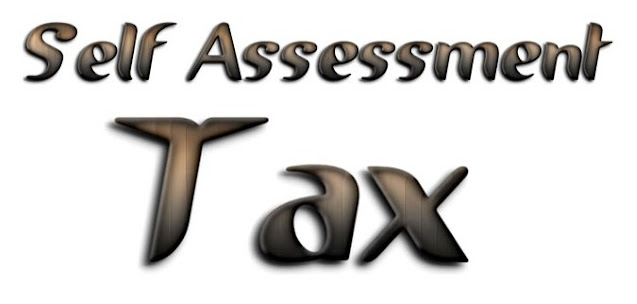Late Fee for filing TDS/TCS Return under Sec 234E

Hello Friends , My this blog is related to tell you about Late Fee for filing TDS/TCS Return under Sec 234E as per Income Tax Act,1961 Tax Deducted at Source and Tax Collected at Source (Commonly known as TDS/TCS) are very important concepts in Income Tax Act, 1961. After collection/deduction of tax at source, the same must be deposited within a prescribed time limit to the credit of the Government of India. Along with that four quarterly TDS/TCS Returns must also be filed by the Deductor on or before prescribed dates during the financial year. Important Points to Remember As per section 234E , of the income tax act where a person fails to file the TDS/TCS return on or before the due date prescribed in this regard, then he shall be liable to pay, by way of fee, a sum of Rs. 200 for every day during which the failure continues. The amount of late fees shall not exceed the amount of TDS. You have to pay this for every day of delay until ...





